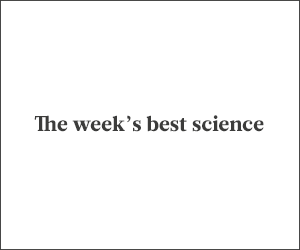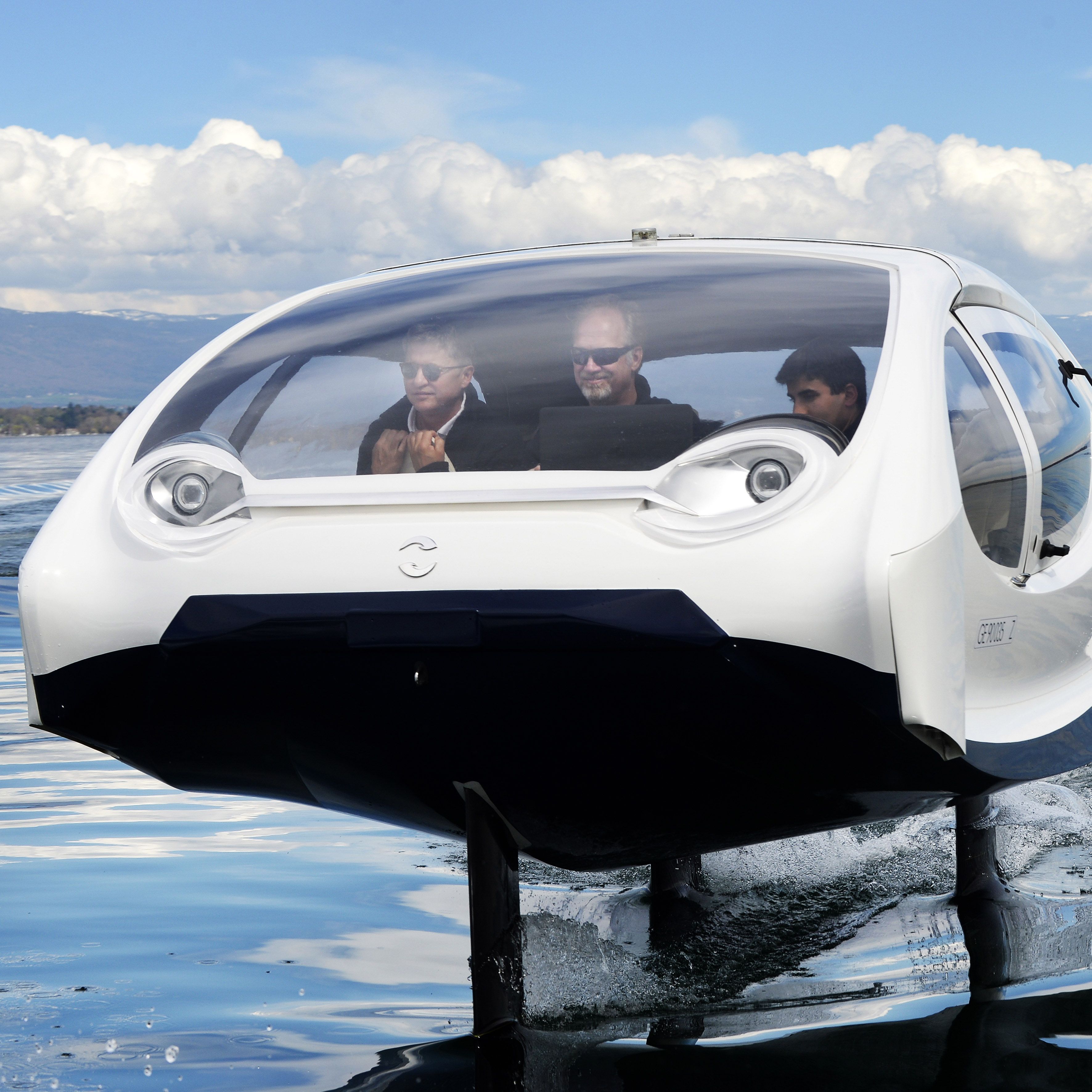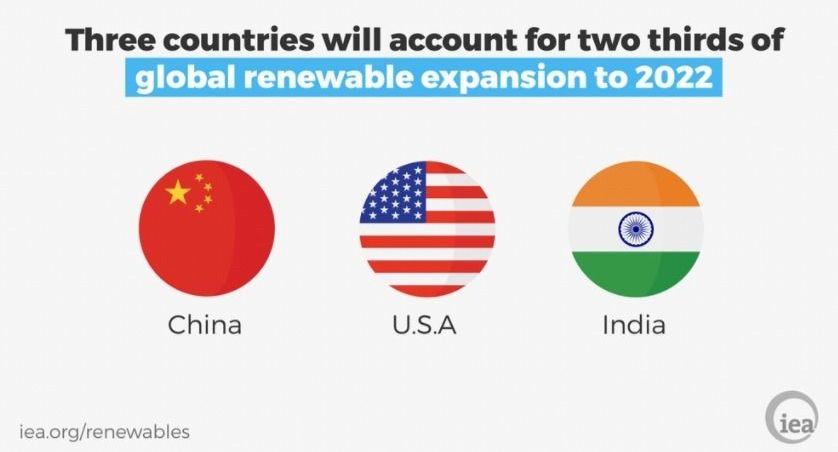Nature India: All about science in India.


Oculus reparo… in a drop! 😵.


When it rains, it powers. Learn more about Chinese investment in renewables: https://wef.ch/2knPJ1f


Astronomer Misty Bentz would like you to know that black holes don’t suck. “They’re not cosmic vacuum cleaners going around and sucking everything in,” she says. “They just use gravity the same way everything else does.”
Instead of a cosmic drinking straw, a black hole is a place in the universe that is so massive and dense that anything caught in its significant gravitational pull is unable to escape.
Black holes have been in the news a lot lately, from the swarm found near the supermassive black hole at the center of our galaxy, to the fastest-growing black hole ever observed, which ingests the equivalent of the mass of our Sun every two days, to the most distant black hole ever detected, dating to the dawn of the universe. From their inception to their potential demise far in the future, black holes are a fascinating part of our universe. Here’s their story as we understand it now, from start to finish.
“Spirograph 2.0” or something…

When starting a project, I like to set up some specific camera locations that I use to review the state of design at different stages. This allows me to look back at the progress and decisions that were made along the way. To me, this enhances the process to the point where the final design becomes secondary to how I got there. Although I usually enjoy the final product, I always love the process.
